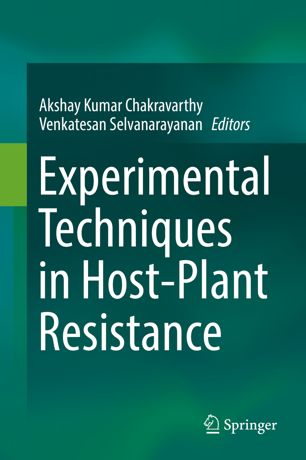

Most ebook files are in PDF format, so you can easily read them using various software such as Foxit Reader or directly on the Google Chrome browser.
Some ebook files are released by publishers in other formats such as .awz, .mobi, .epub, .fb2, etc. You may need to install specific software to read these formats on mobile/PC, such as Calibre.
Please read the tutorial at this link: https://ebookbell.com/faq
We offer FREE conversion to the popular formats you request; however, this may take some time. Therefore, right after payment, please email us, and we will try to provide the service as quickly as possible.
For some exceptional file formats or broken links (if any), please refrain from opening any disputes. Instead, email us first, and we will try to assist within a maximum of 6 hours.
EbookBell Team

5.0
58 reviewsThe earliest land-plants evolved around 450 million years ago from aquatic plants devoid of vascular systems. The diversification of flowering plants (angiosperms) during the Cretaceous period is associated with speciation in insects. Early insect herbivores were mandibulate, but the evolution of vascular plants led to the co-evolution of other forms of herbivory, such as leaf feeding, sap-sucking, leaf mining, tissue borer, gall forming and nectar-feeding. Plant defense against biotic stress is an adaptive evolution by plants to increase their fitness. Plants use a variety of strategies to defend against damage caused by herbivores. Plant defense mechanisms are either inbuilt or induced. Inbuilt mechanisms are always present within the plant, while induced defenses are produced or mobilized to the site where a plant is injured. Induced defense mechanisms include morphological, physiological changes and production of secondary metabolites.Host plant resistance (HPR) is one of the eco-friendly methods of pest management. It protects the crop by making it less suitable or tolerant to the pest. While books on theoretical aspects of HPR are available, an exclusive book on the practical aspects is lacking. There is a wide gap between the theory and the experimental procedures required for conducting studies on plant resistance for the post graduate students and young researchers. A dire need for a book on practical aspects was strongly felt. Initially a practical manual was prepared which eventually evolved into the present book. We hope this book provides information on major aspects of screening crop germplasm, sampling techniques, genetic and biochemical basis of HPR, behavioural studies on pheromone and plant volatiles, and some of the recent approaches in HPR. Further, the references provide the scientific articles and books as additional information to readers and workers alike.